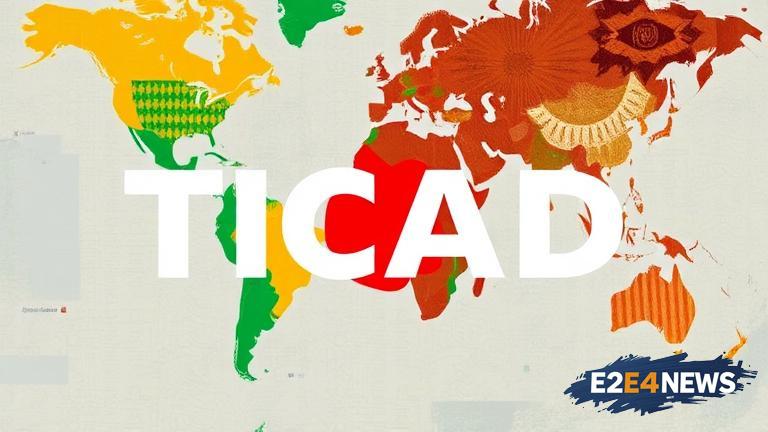The Tokyo International Conference on African Development (TICAD) has been a cornerstone of Japan-Africa relations since its inception in 1993. Over the years, TICAD has evolved to address the changing needs of African countries, with a focus on promoting economic growth, sustainable development, and human security. The conference has provided a platform for African leaders, Japanese officials, and international organizations to engage in dialogue and cooperation. TICAD has facilitated the exchange of ideas, expertise, and resources, leading to the implementation of various development projects and initiatives across Africa. Japan’s commitment to African development is evident in its significant investments in infrastructure, healthcare, education, and agriculture. The country has also provided substantial support to African nations in their efforts to achieve the United Nations’ Sustainable Development Goals (SDGs). Through TICAD, Japan has promoted private sector engagement, encouraging Japanese businesses to invest in Africa and explore new opportunities for trade and investment. The conference has also highlighted the importance of human resource development, with a focus on capacity building, skills training, and education. In recent years, TICAD has placed greater emphasis on innovation, technology, and digitalization, recognizing their potential to drive economic growth and transformation in Africa. The conference has also addressed critical issues such as climate change, energy security, and peace and security, which are essential for sustainable development in Africa. TICAD has been instrumental in promoting South-South cooperation, with African countries sharing their experiences and expertise with each other. The conference has also facilitated North-South cooperation, with Japan and other developed countries providing support and assistance to African nations. The outcomes of TICAD have been significant, with many African countries experiencing rapid economic growth, improved living standards, and increased access to basic services such as healthcare and education. However, despite these achievements, Africa still faces significant development challenges, including poverty, inequality, and unemployment. TICAD has recognized these challenges and has sought to address them through targeted initiatives and programs. The conference has also emphasized the importance of good governance, transparency, and accountability in promoting sustainable development and economic growth. In conclusion, TICAD has played a vital role in nurturing the gradual growth of Japan-Africa ties, promoting economic cooperation, and supporting sustainable development in Africa. As the continent continues to evolve and grow, TICAD will remain an essential platform for dialogue, cooperation, and mutual growth between Japan and Africa. The conference has demonstrated that through collective efforts and a shared commitment to development, it is possible to achieve significant progress and create a brighter future for Africa. With its focus on innovation, technology, and human resource development, TICAD is well-positioned to address the emerging challenges and opportunities of the 21st century. As African countries continue to integrate into the global economy, TICAD will remain a critical platform for promoting trade, investment, and economic cooperation between Japan and Africa. The conference has also highlighted the importance of regional integration, with the African Continental Free Trade Area (AfCFTA) offering significant opportunities for trade and investment. In the years ahead, TICAD will continue to play a vital role in promoting Japan-Africa relations, supporting sustainable development, and fostering economic growth and cooperation between Japan and Africa.
